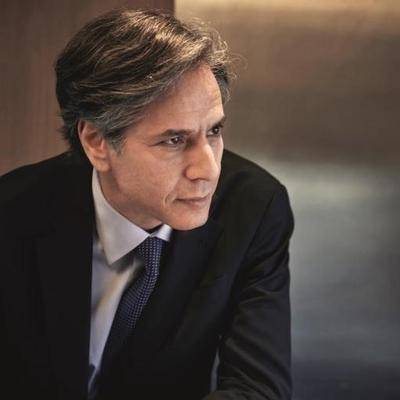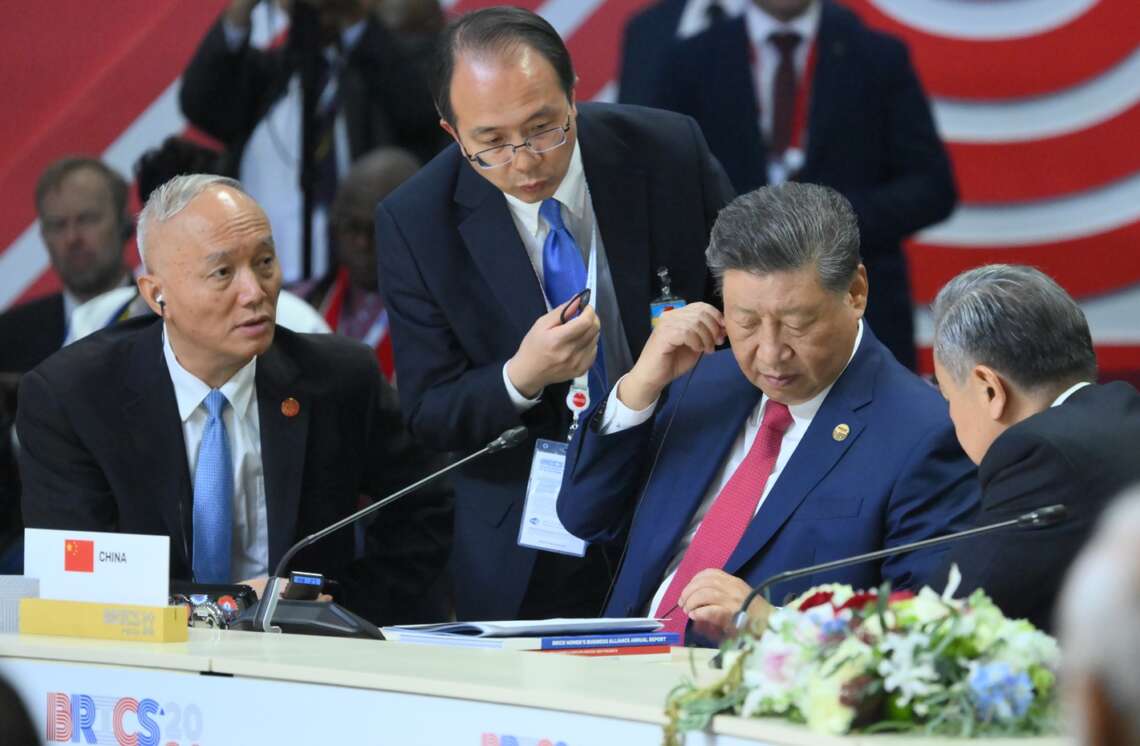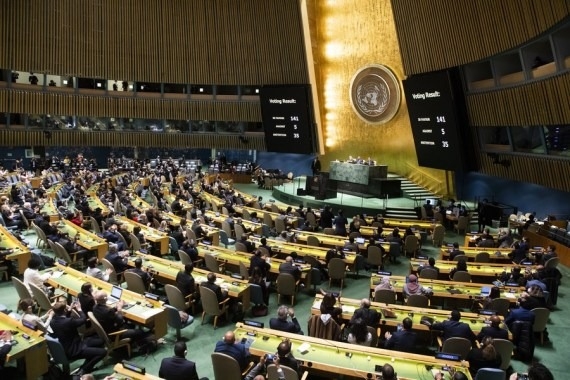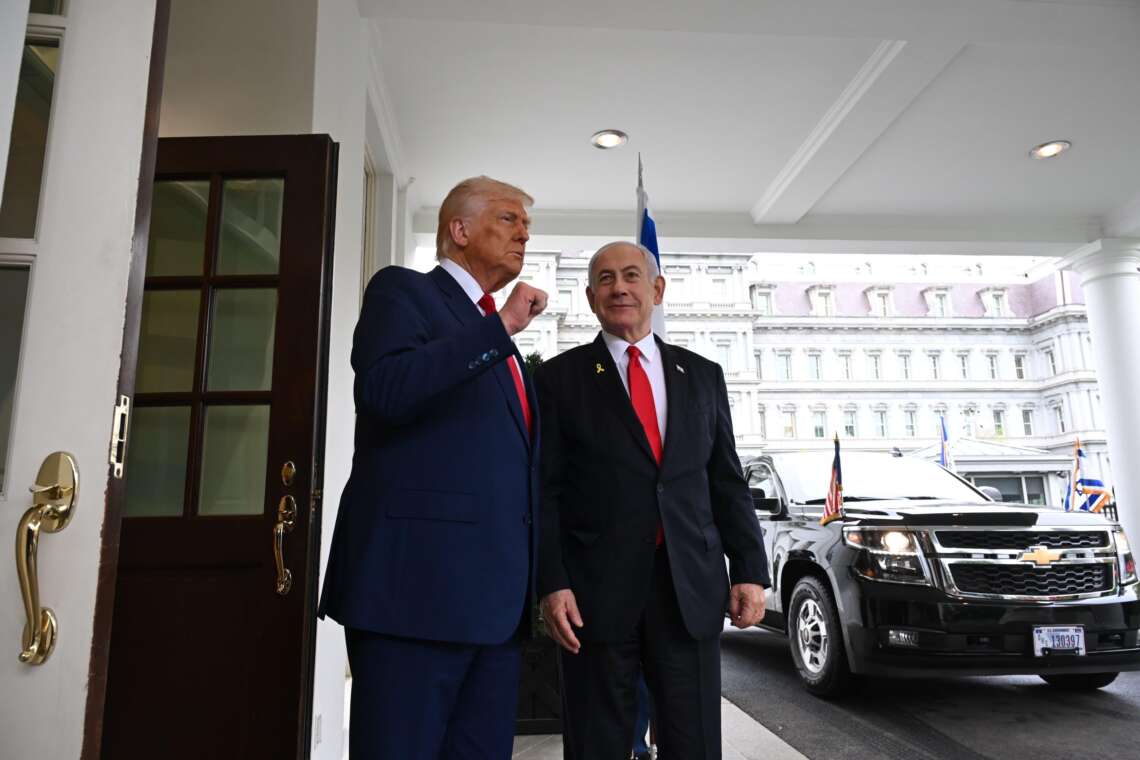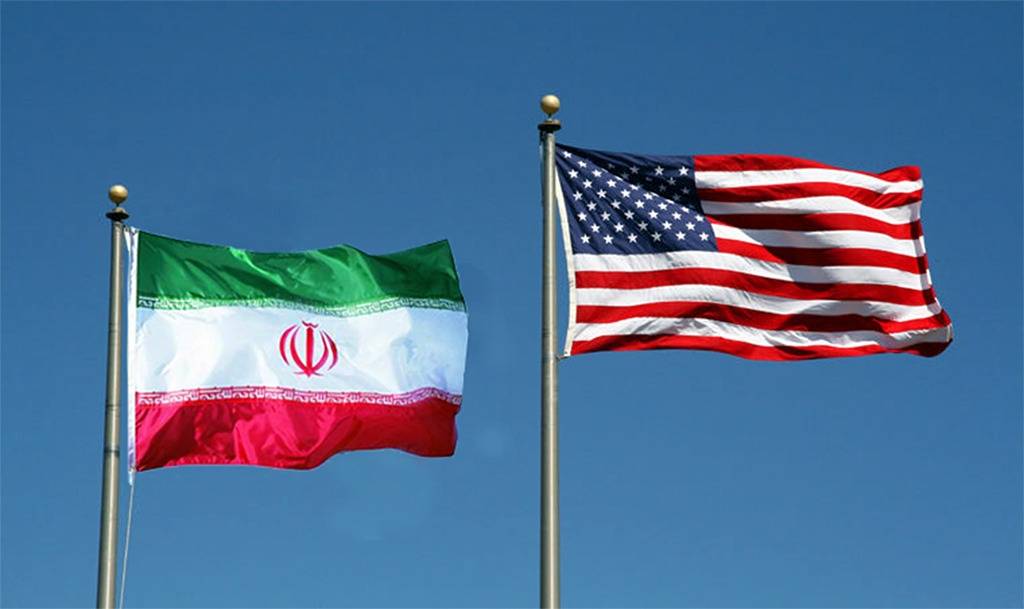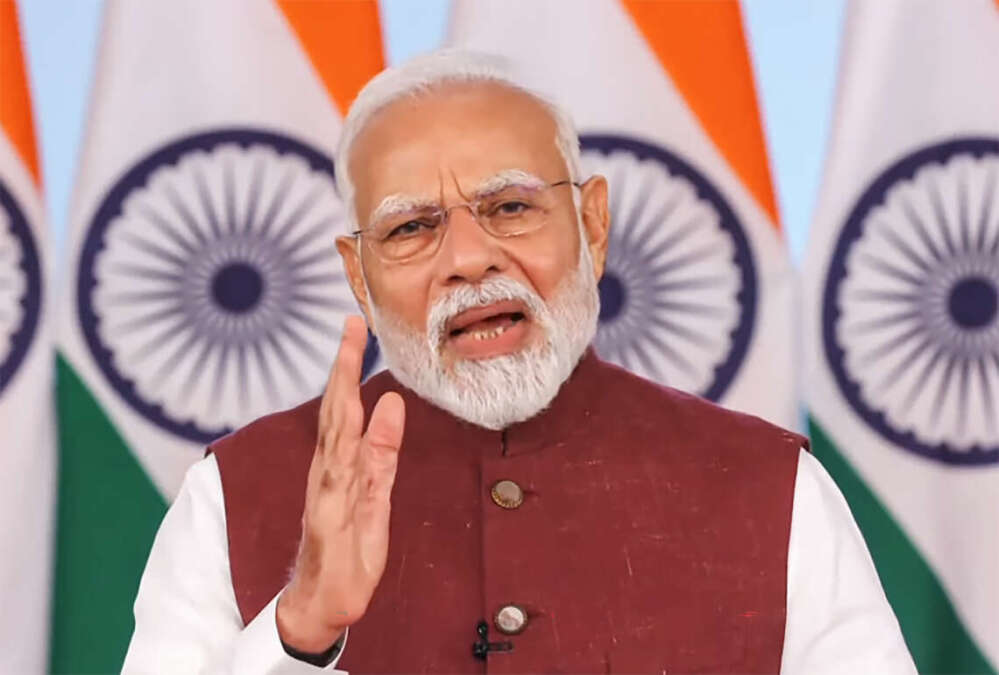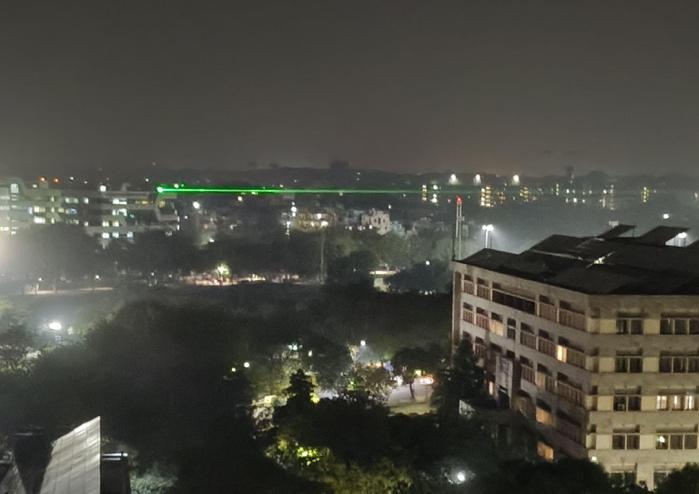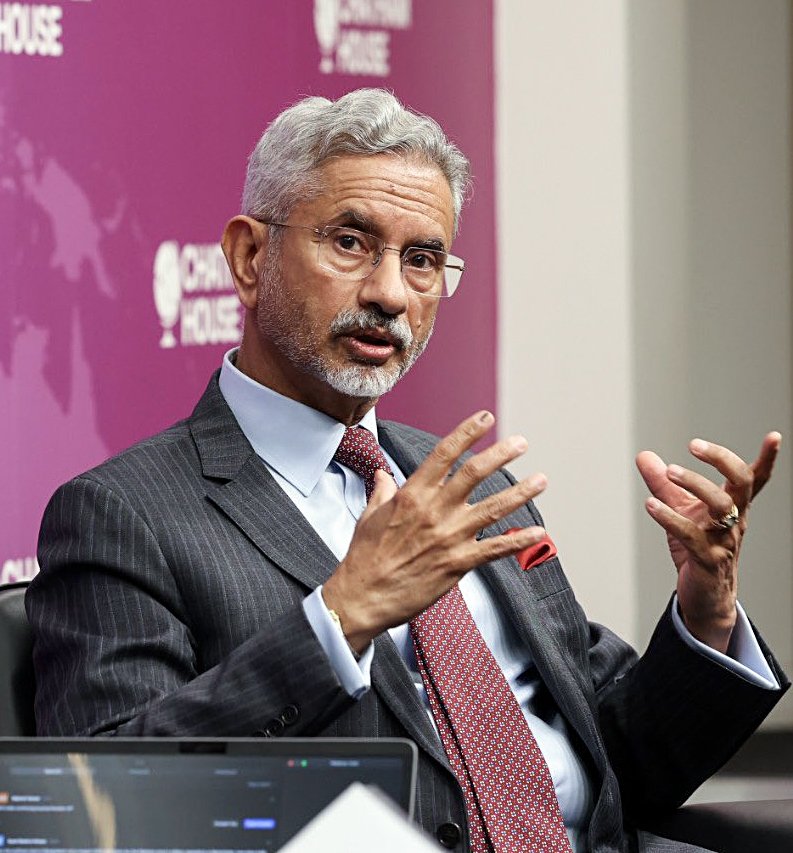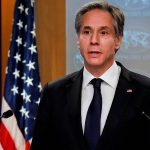The administration has also informed counterparts in Beijing that it would like Wendy Sherman, deputy secretary of state, to visit China over the summer, reports Asian Lite News
The United States and China are discussing a possible meeting of Secretary of State Antony Blinken and Chinese Foreign Minister Wang Yi at a G20 meet in Italy next week.
The administration has also informed counterparts in Beijing that it would like Wendy Sherman, deputy secretary of state, to visit China over the summer, the Financial Times said.
The administration has also informed counterparts in Beijing that it would like Wendy Sherman, deputy secretary of state, to visit China over the summer, the newspaper said.
The White House has also held preliminary internal discussions about sending Blinken or Jake Sullivan, the national security adviser, to China later this year, which could set the stage for Biden and Chinese President Xi Jinping to hold a bilateral summit on the margins of the G20 leaders meeting in Rome in October, the British newspaper reported.
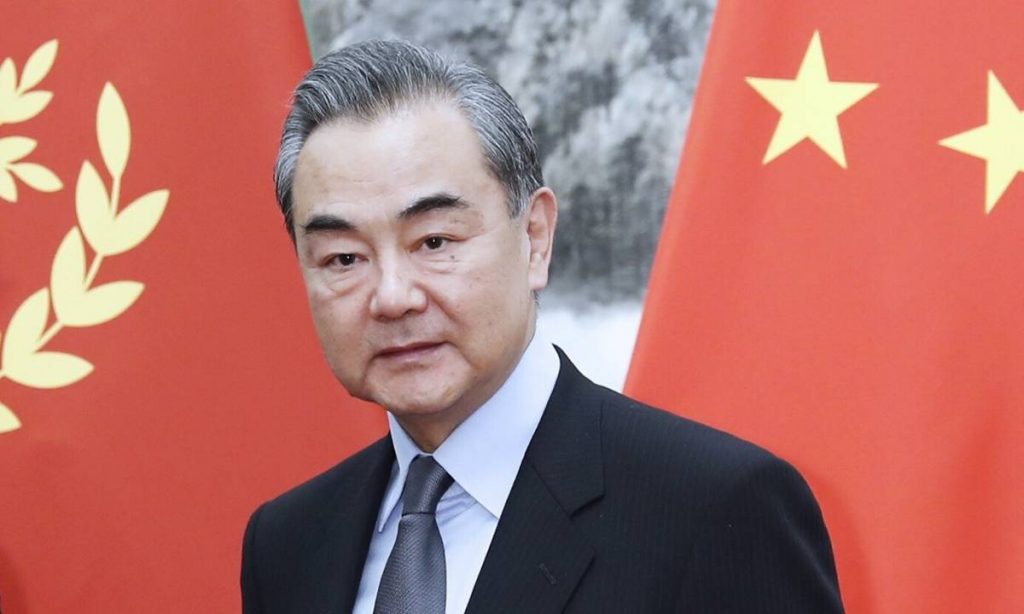
Last week, the White House said that it will consider arranging talks between President Joe Biden and his Chinese counterpart, Xi Jinping. National security adviser Jake Sullivan said that the two leaders are due to “take stock of where we are in the relationship.”
“Soon enough we will sit down to work out the right modality for the two presidents to engage. It could be a phone call, it could be a meeting on the margins of another international summit, it could be something else,” Sullivan told reporters on a conference call.
Biden and Xi are both expected to attend the G20 meeting in October hosted by Italy, one possible venue for such talks. Sullivan said no final decisions have been made.
New strategic parameters
The US is entering a period of intense competition with China as the government running the world’s second-biggest economy becomes ever more tightly controlled by Xi Jinping.
“The period that was broadly described as engagement has come to an end,” Kurt Campbell, the US coordinator for Indo-Pacific affairs on the National Security Council, said at an event hosted by Stanford University last week. US policy toward China will now operate under a “new set of strategic parameters,” Campbell said, adding that “the dominant paradigm is going to be competition.”
Chinese policies under Xi are in large part responsible for the shift in US policy, Campbell said, citing military clashes on China’s border with India, an “economic campaign” against Australia and the rise of China’s “wolf warrior” diplomacy. Beijing’s behavior was emblematic of a shift toward “harsh power, or hard power” which “signals that China is determined to play a more assertive role,” he said.
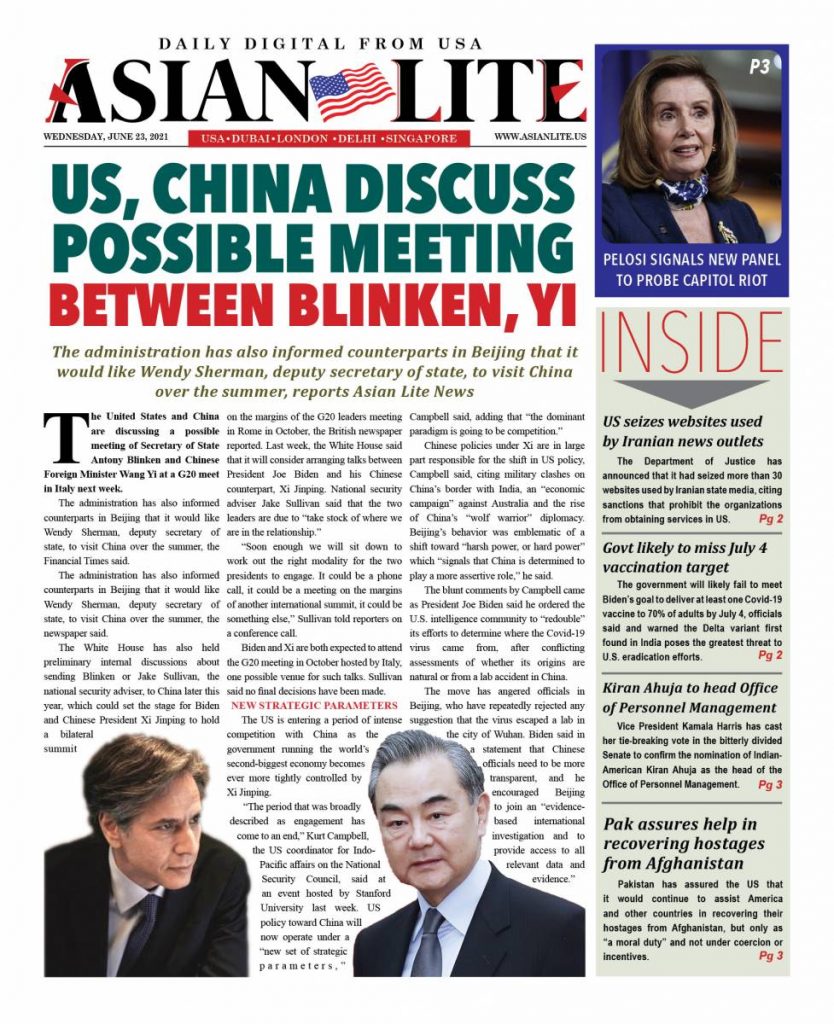
The blunt comments by Campbell came as President Joe Biden said he ordered the U.S. intelligence community to “redouble” its efforts to determine where the Covid-19 virus came from, after conflicting assessments of whether its origins are natural or from a lab accident in China.
The move has angered officials in Beijing, who have repeatedly rejected any suggestion that the virus escaped a lab in the city of Wuhan. Biden said in a statement that Chinese officials need to be more transparent, and he encouraged Beijing to join an “evidence-based international investigation and to provide access to all relevant data and evidence.”
ALSO READ: Raisi demands lifting of all ‘unjust’ US sanctions


